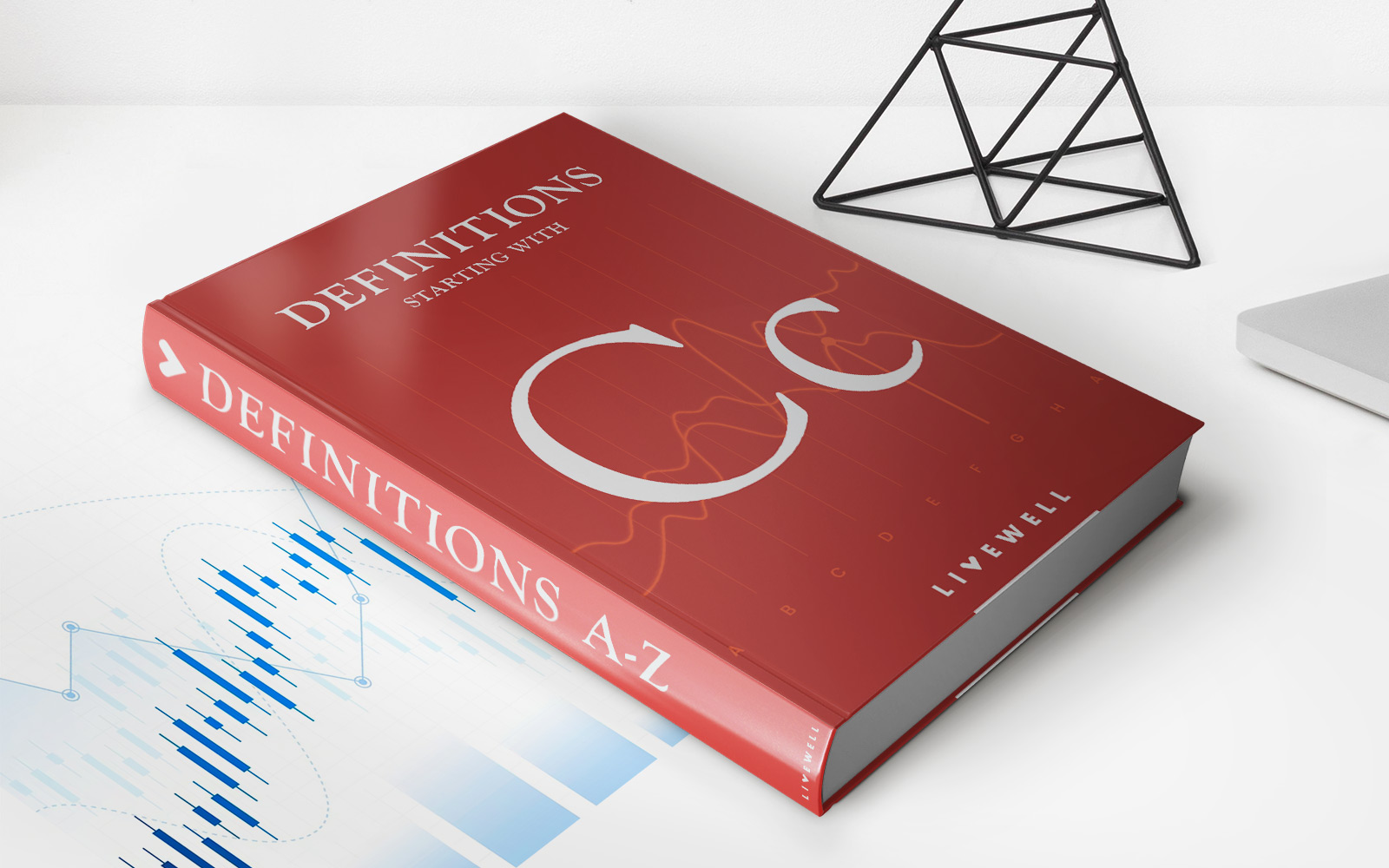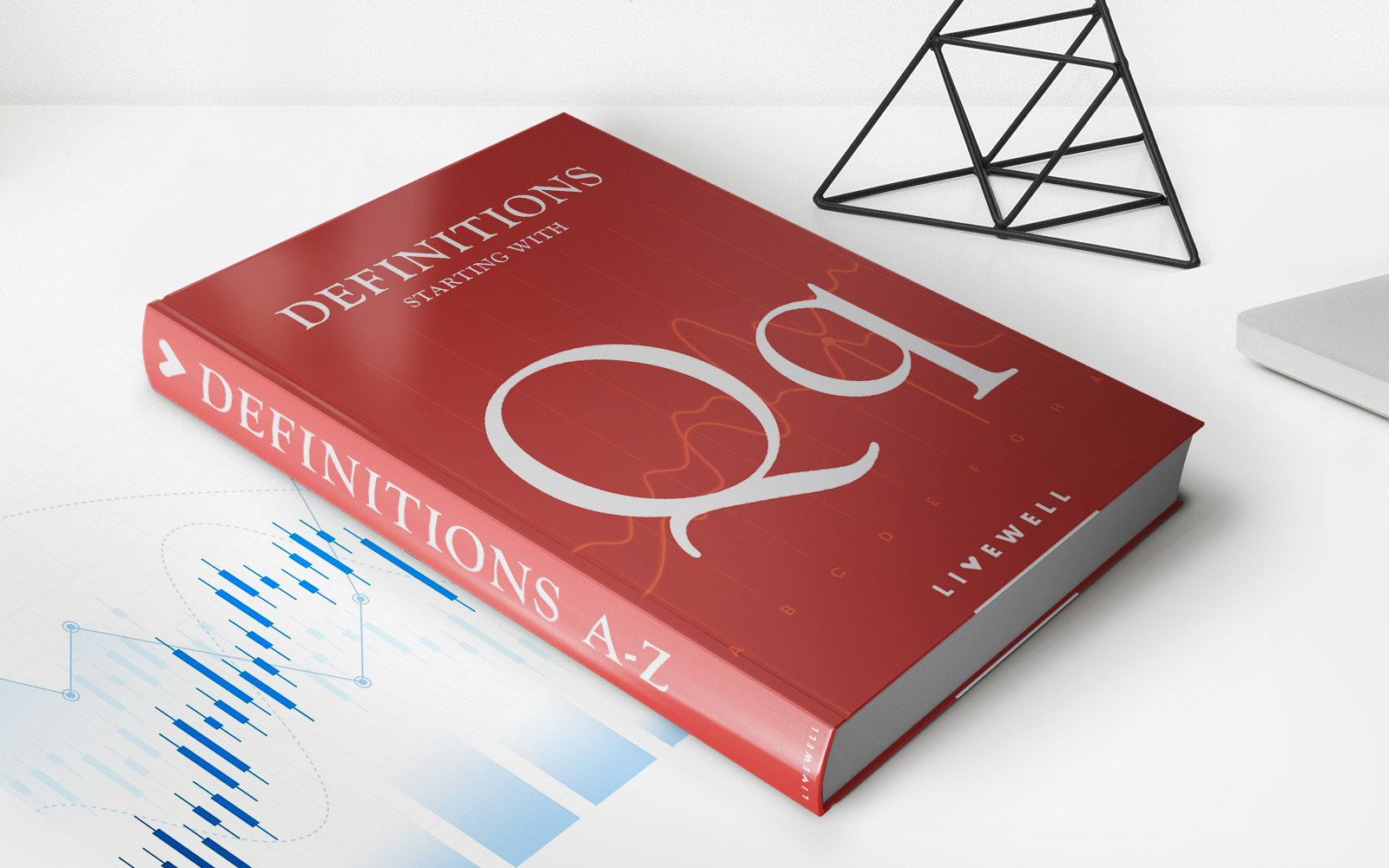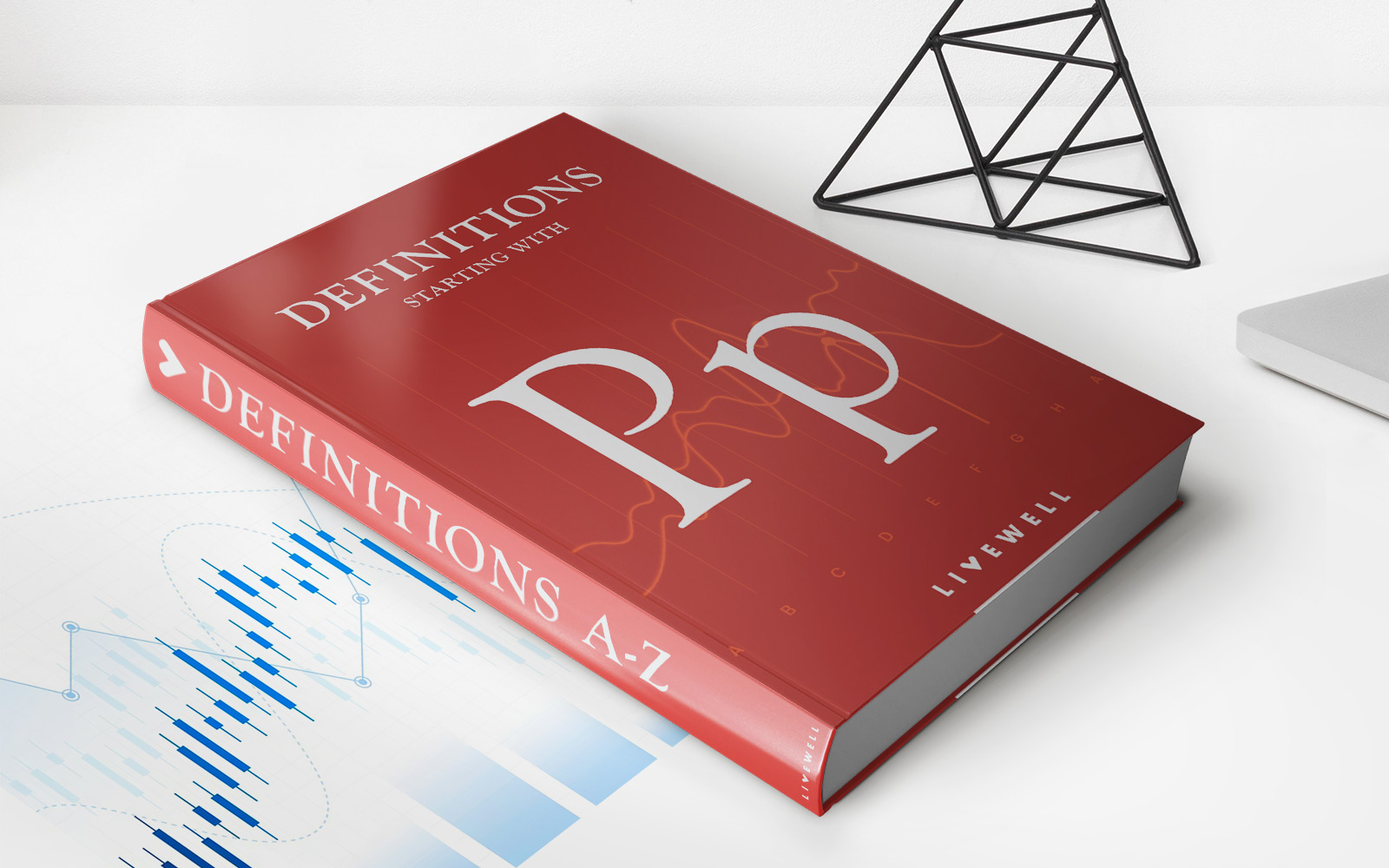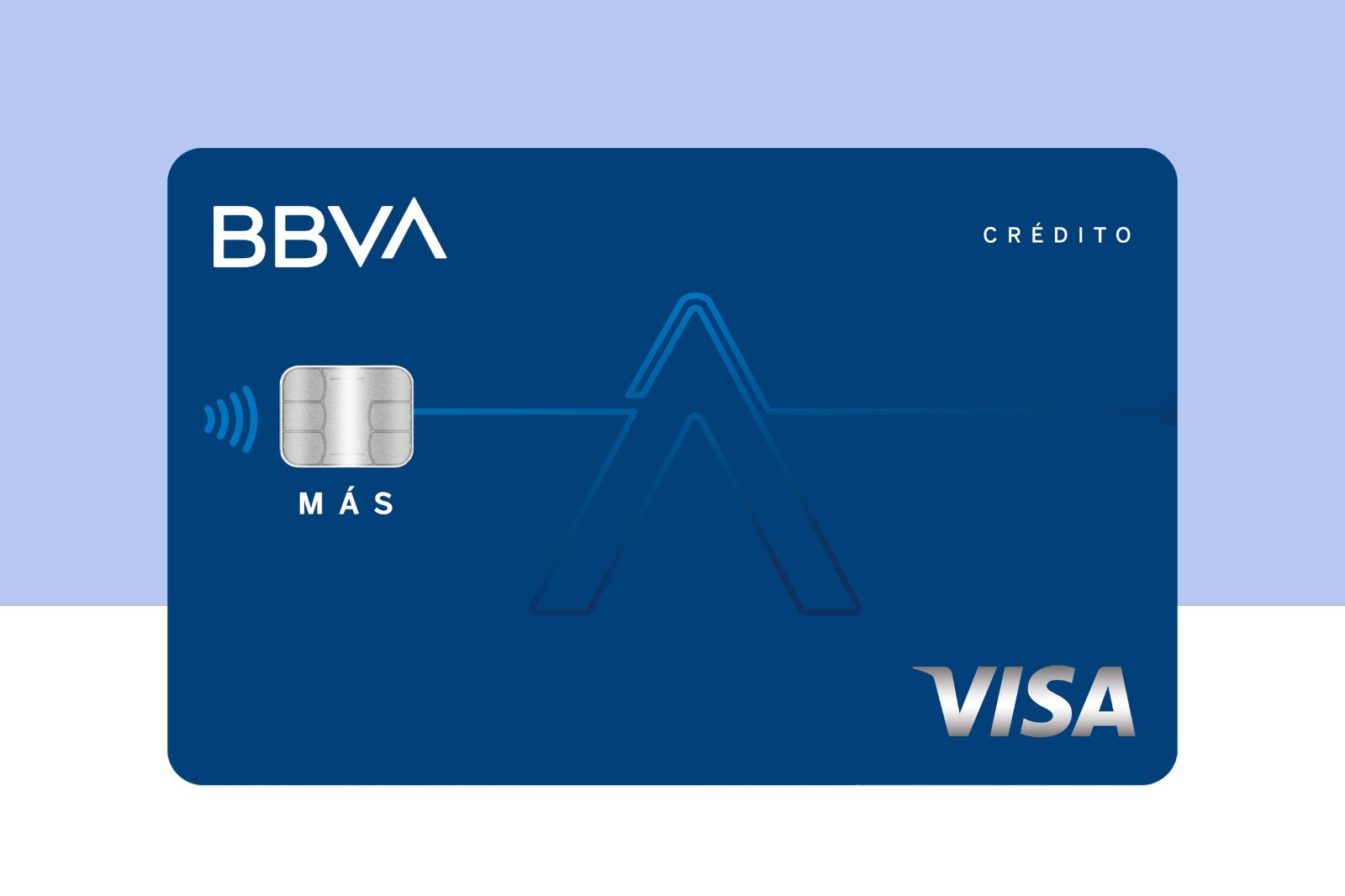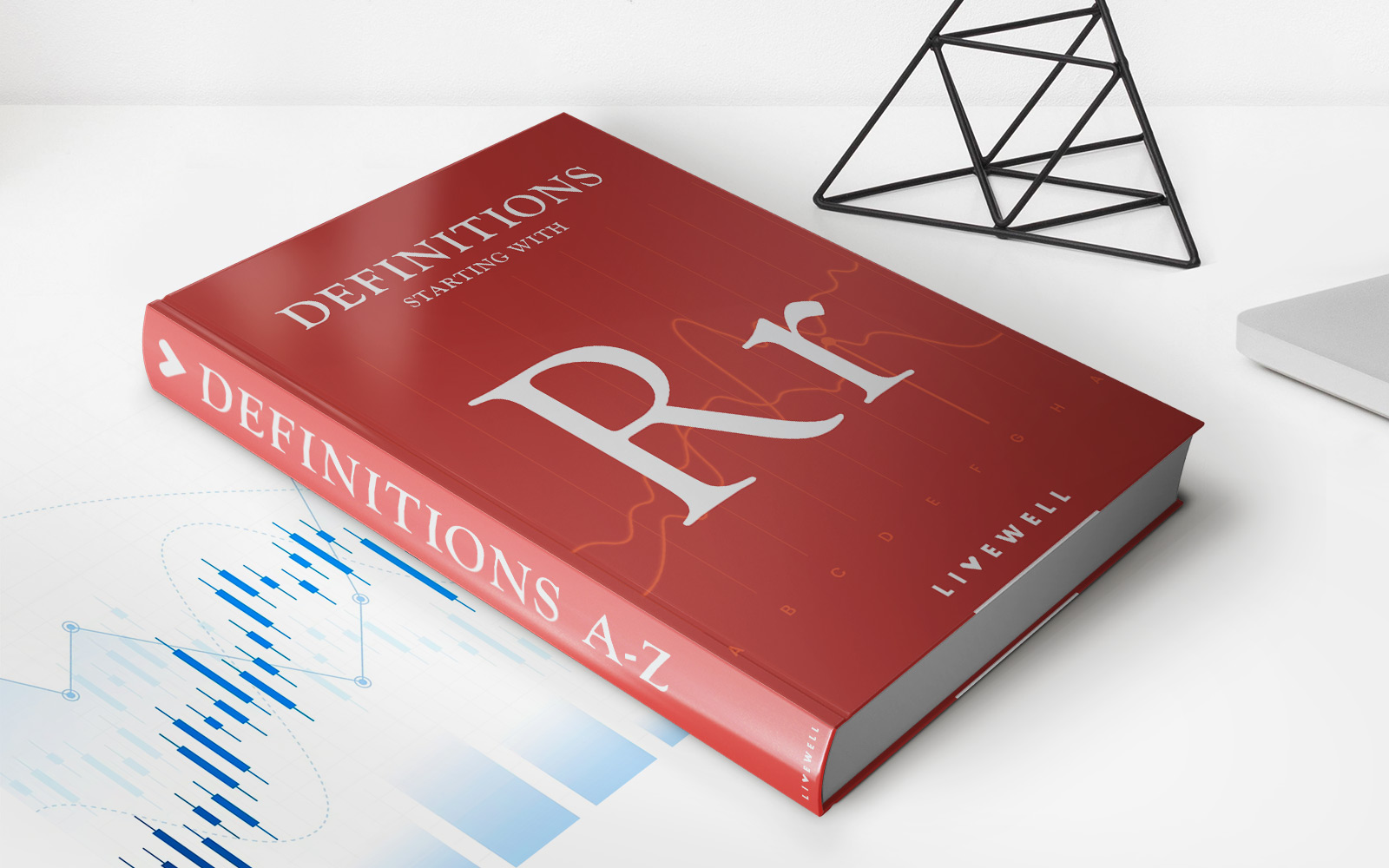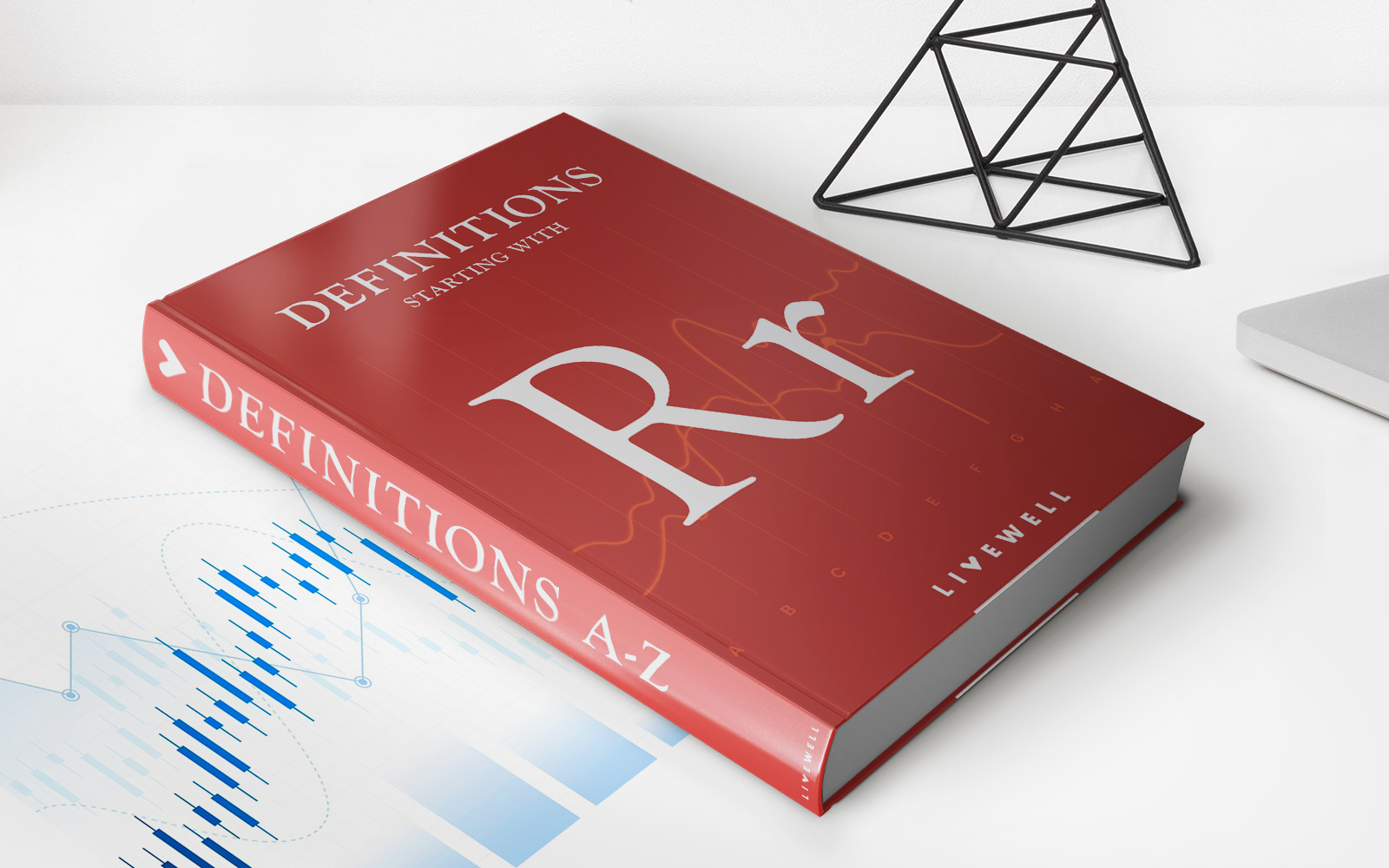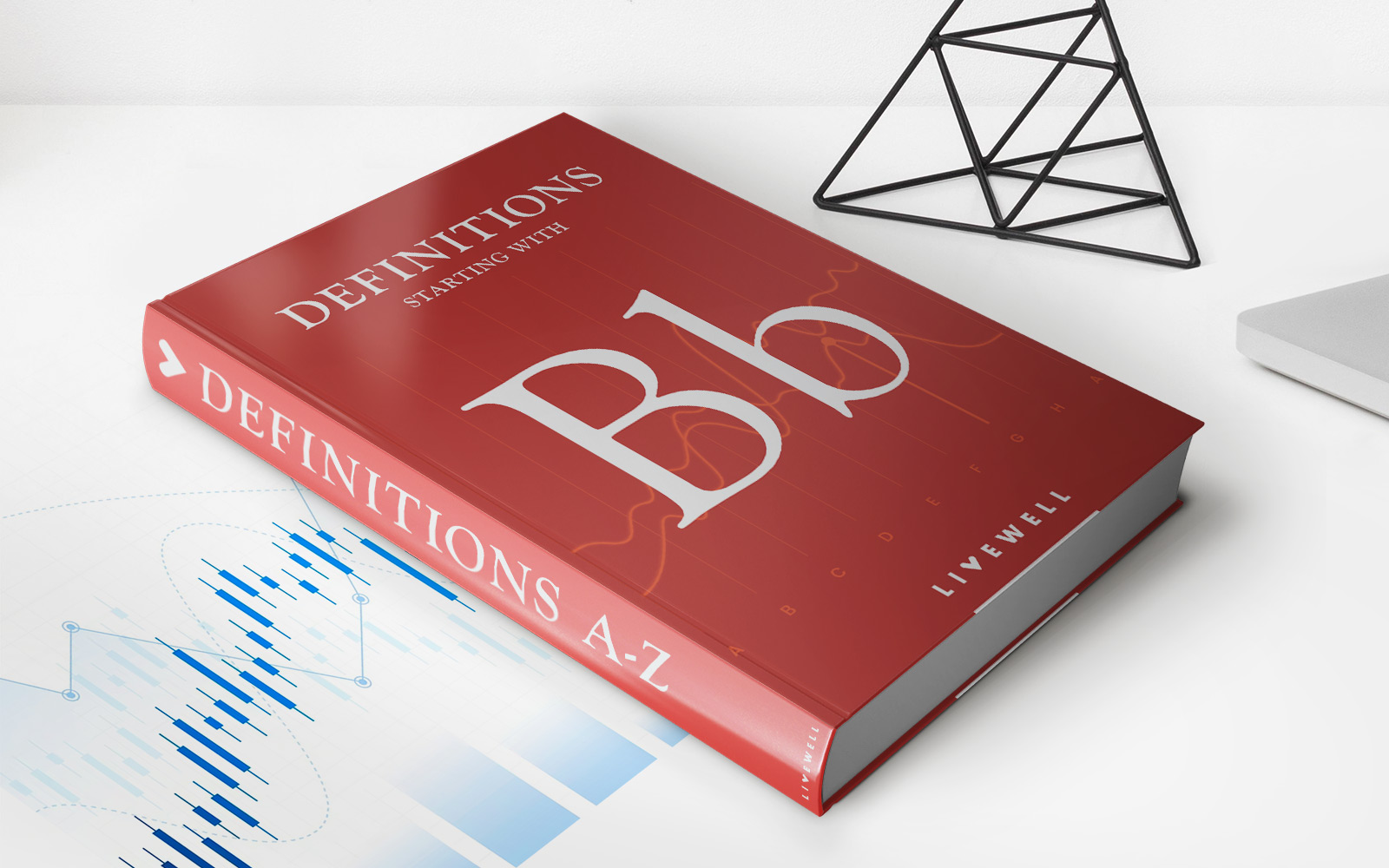Home>Finance>What Is A Home Mortgage? Definition, Qualification, And Types


Finance
What Is A Home Mortgage? Definition, Qualification, And Types
Modified: December 30, 2023
Learn about home mortgages, including their definition, qualification requirements, and different types. Finance your dream home with the right mortgage option.
(Many of the links in this article redirect to a specific reviewed product. Your purchase of these products through affiliate links helps to generate commission for LiveWell, at no extra cost. Learn more)
What Is a Home Mortgage? Definition, Qualification, and Types
Are you dreaming of owning your own home? Perhaps you’ve been diligently saving up for your down payment, but now you’re wondering how you can afford to buy a property. That’s where a home mortgage comes into play! In this blog post, we’ll dive into the definition of a home mortgage, discover how to qualify for one, and explore different types of mortgages available to homebuyers.
Key Takeaways:
- A home mortgage is a loan provided by a financial institution to help individuals purchase a property.
- To qualify for a home mortgage, applicants typically need a good credit score, stable income, and a reasonable debt-to-income ratio.
So, What Exactly Is a Home Mortgage?
A home mortgage, also known as a home loan or a mortgage loan, is a financial tool that allows individuals to borrow money from a lending institution, such as a bank or a credit union, to purchase a home or property. The lender provides the necessary funds upfront, and the borrower agrees to repay the loan over a specified period of time, typically in monthly installments. In exchange, the lender holds a lien on the property as collateral until the loan is repaid in full.
Qualifying for a Home Mortgage:
Before granting a home mortgage, lenders carefully evaluate the financial circumstances of applicants to ensure their ability to repay the loan. To qualify for a home mortgage, here are some common criteria that lenders consider:
- Credit Score: A higher credit score increases the chances of approval and may also lead to better interest rates.
- Income Stability: Lenders typically prefer applicants with a steady and reliable income source.
- Debt-to-Income Ratio: Lenders assess an applicant’s debt-to-income ratio, which compares their monthly debt payments to their monthly income. A lower ratio is usually more favorable.
- Down Payment: The amount of money the borrower contributes as a down payment can impact the loan terms and interest rates.
Types of Home Mortgages:
Ready to explore the diverse range of home mortgages available to prospective homebuyers? Here are a few key types:
- Fixed-Rate Mortgages: With a fixed-rate mortgage, the interest rate remains constant over the life of the loan, providing predictability and stability for borrowers.
- Adjustable-Rate Mortgages (ARMs): ARMs feature an initial fixed interest rate for a certain period, followed by adjustments based on market conditions. This type of mortgage is beneficial for those planning to sell or refinance before the rate adjustments occur.
- FHA Loans: Insured by the Federal Housing Administration, FHA loans are designed to assist borrowers who may not qualify for conventional mortgages due to lower credit scores or down payment limitations.
- VA Loans: Available exclusively to eligible veterans and active-duty military personnel, VA loans offer competitive interest rates and less stringent qualification requirements.
- Jumbo Loans: Jumbo loans are designed for high-priced properties that exceed the maximum loan limits set by conventional mortgage lenders.
Remember, it’s essential to research and understand the specific terms, conditions, and eligibility requirements associated with each mortgage type before making any decisions.
Ready to Take the Next Step?
Now that you understand the definition of a home mortgage, the qualification process, and the various types available, you can feel confident taking the next steps toward homeownership. Remember, each individual’s financial situation is unique, so it’s important to consult with a reputable mortgage lender or financial advisor to guide you through the process and help you make the best decision tailored to your needs.

